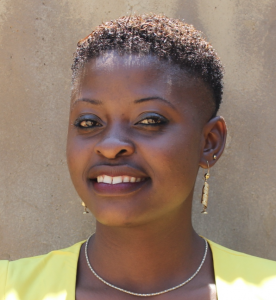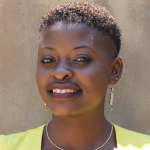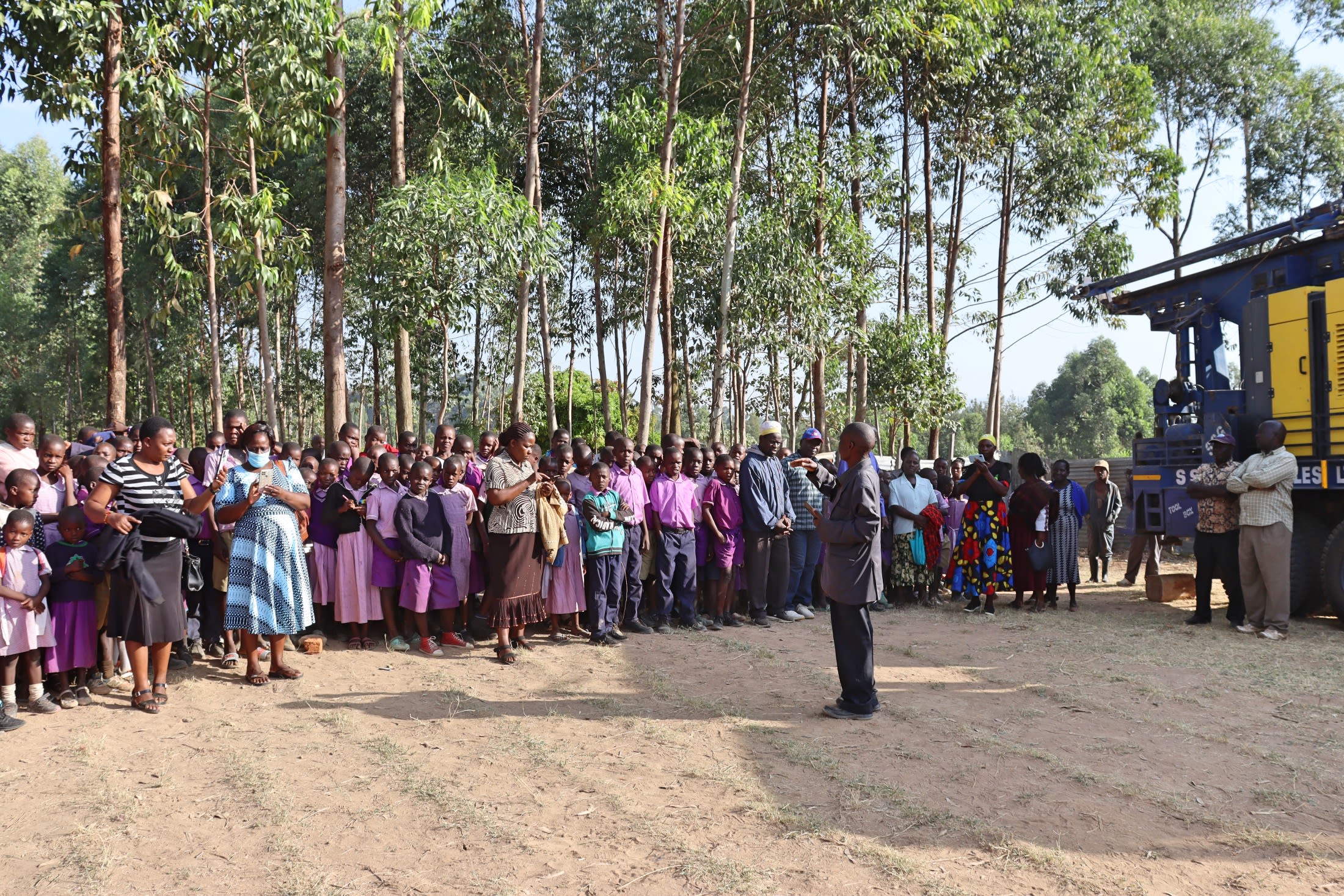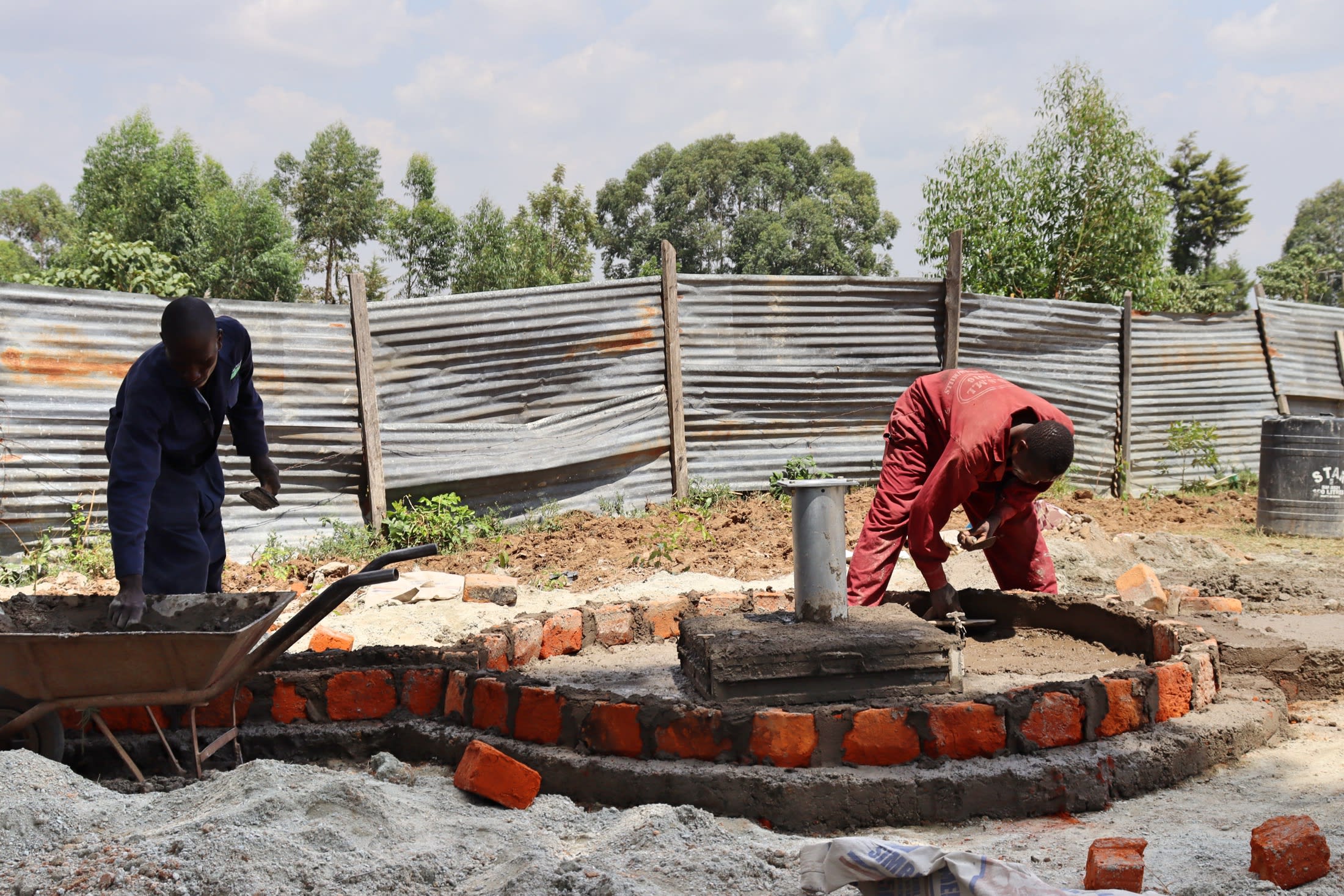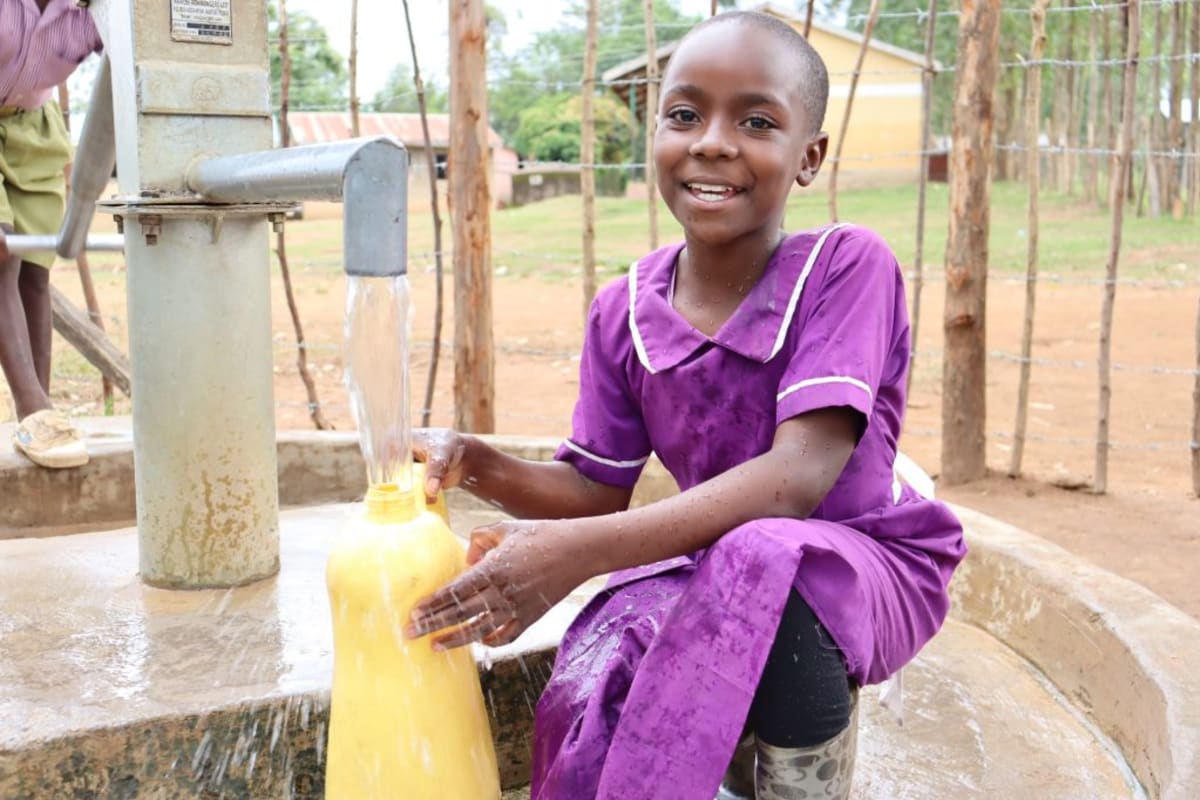Shanda Primary School has two rainwater tanks on its campus, but they are mostly non-functional. As a result, the 602 students are forced to collect water from a nearby stream or carry water from home to meet their daily water needs.
The stream is far away from the school, and with so much energy spent collecting water, students do not have time to learn, and their academics suffer.

But missed learning time during the school day while they are out collecting water is not the only problem.
Students are also missing time due to persistent water-related illnesses from drinking the contaminated water they work so hard to collect, spiking the pupils' absenteeism. Their families also feel the burden when parents must choose to inevitably forego something else in order to get their children needed medication or medical care, straining their already limited resources.

"We have been struggling to meet the datelines for finishing the syllabus. It becomes very sad and hard to educate [a] few pupils when others are at home. We are forced to have remedials (study groups) up to Sunday so as to recover the wasted time," 44-year-old teacher Amos Munyasa (shown below).

"I feel very sad to miss school for more than three days in a month just because either [I] am sick or my sibling is sick," said 13-year-old Jane Achieng (shown below). "The water we [drink] is not good, and it makes me not like school because it is hectic to go to the spring. I get back to school very tired from the spring, and concentrating in class becomes hard."
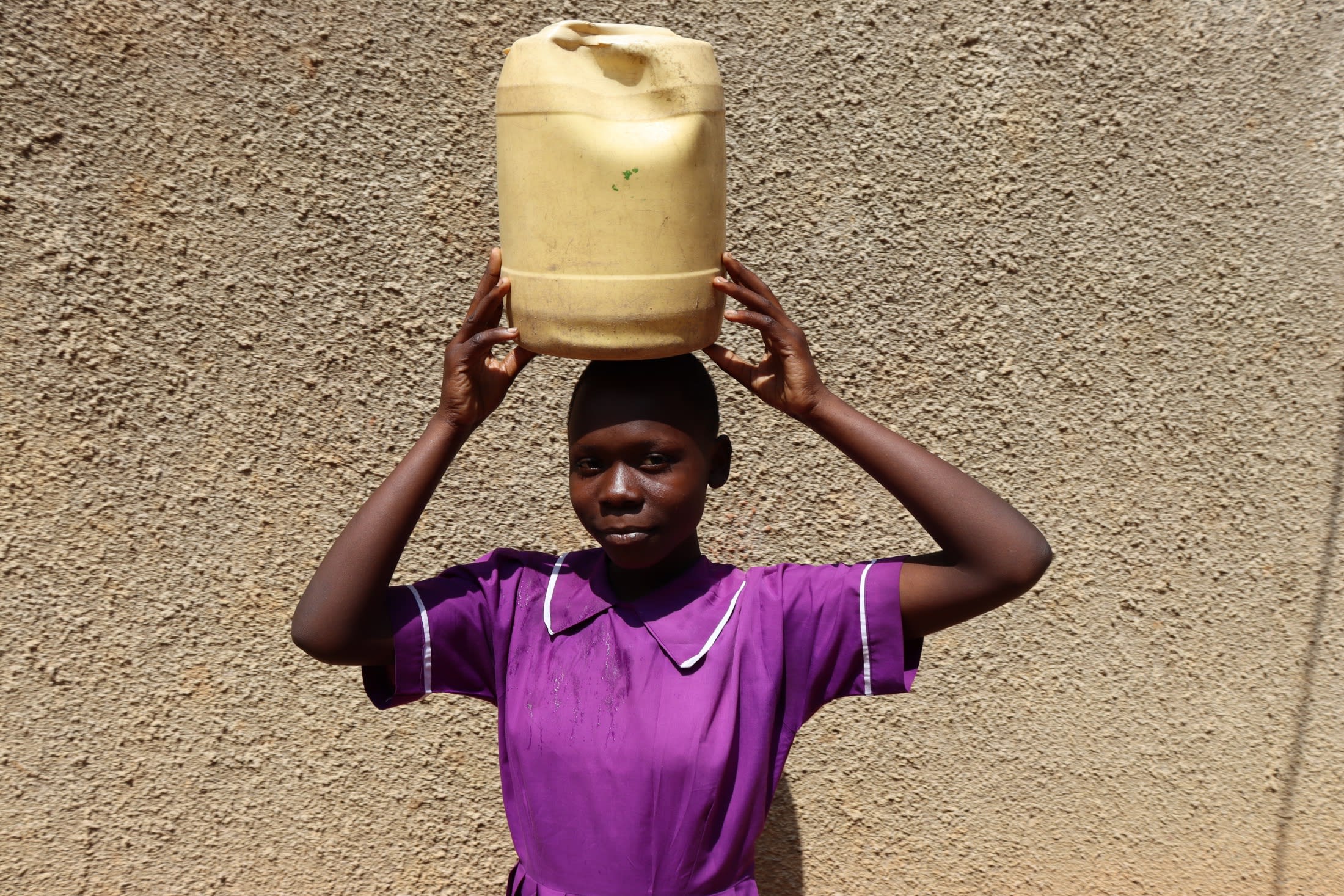
The students, teachers, and families at Shanda Primary School are desperate for clean water. With clean water on their school campus, everyone's health should improve, and hopefully, students can get back to learning, and families will maintain the resources necessary to progress.
What We Can Do:
New Well
We conducted a hydrogeological survey at this school and the results indicated the water table beneath it is an ideal candidate for a borehole well. Due to a borehole well's unique ability to tap into a safe, year-round water column, it will be poised to serve all of the water needs for this school's large population, even through the dry months.
The school will help collect the needed construction materials such as sand, rocks, and water for mixing cement. They will also provide housing and meals for the work team, in addition to providing local laborers. We will complement their materials by providing an expert team of artisans and drilling professionals, tools, hardware, and the hand-pump. Once finished, water from the well will then be used by the school’s students and staff for drinking, handwashing, cooking, cleaning, and much more.
Handwashing Stations
The student health club will oversee the two new handwashing stations we will provide, and make sure they are kept clean and in working condition. The club leaders will fill the handwashing stations with water daily and make sure they are always supplied with a cleaning agent such as soap or ash.
VIP Latrines
We will construct two triple-door latrine blocks using local materials that the school will help gather. Three doors will serve the girls and three doors will serve the boys. All of these new latrines will have cement floors that are designed to be easy to use and to clean. And with a borehole right on school property, there should be enough water to keep them clean.
Training on Health, Hygiene, COVID-19, and More
We will hold a one-day intensive training session with students, teachers, and parents. This training will cover a wide range of topics including COVID-19 symptoms, transmission routes, and prevention; personal and environmental hygiene; and the operation and maintenance of the borehole, latrines, and handwashing stations. There will be a special emphasis on handwashing.
Our team of facilitators will use a variety of methods to train, including participatory hygiene and sanitation transformation, and asset-based community development. We will initiate a student health club, which will prepare students to lead other pupils into healthy habits at school and at home. We will also lead lectures, group discussions, and provide illustrative handouts to teach health topics and ways to promote good hygiene practices within the school including handwashing and water treatment. We will then conduct a series of follow-up trainings before transitioning to our regularly scheduled support visits throughout the year.
We and the school strongly believe that all of these components will work together to improve standards at this school, which will help lead to better student academic performance and will help unlock the opportunity for these students to live better, healthier lives.

 Borehole Well and Hand Pump
Borehole Well and Hand Pump
 Rehabilitation Project
Rehabilitation Project












